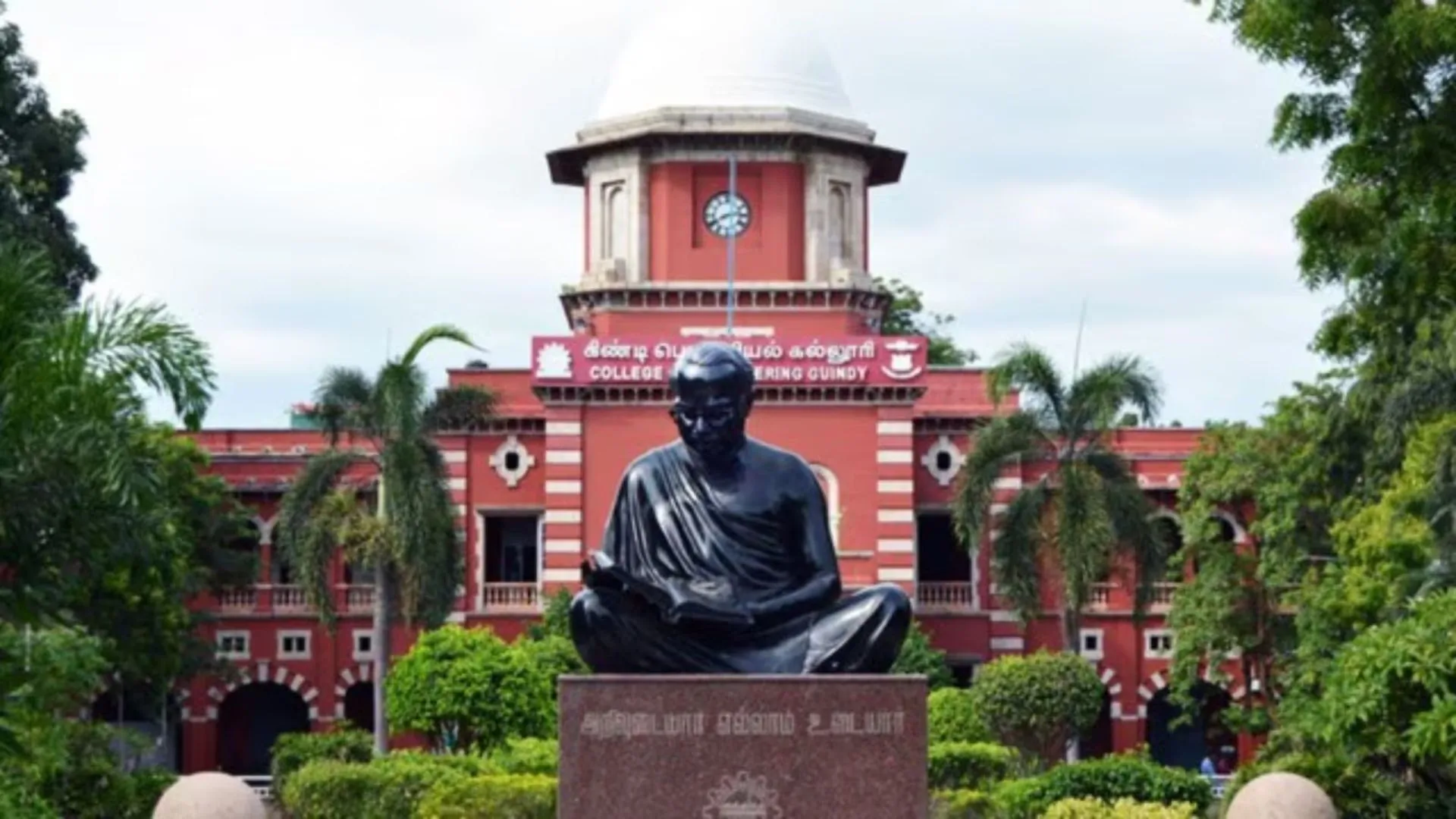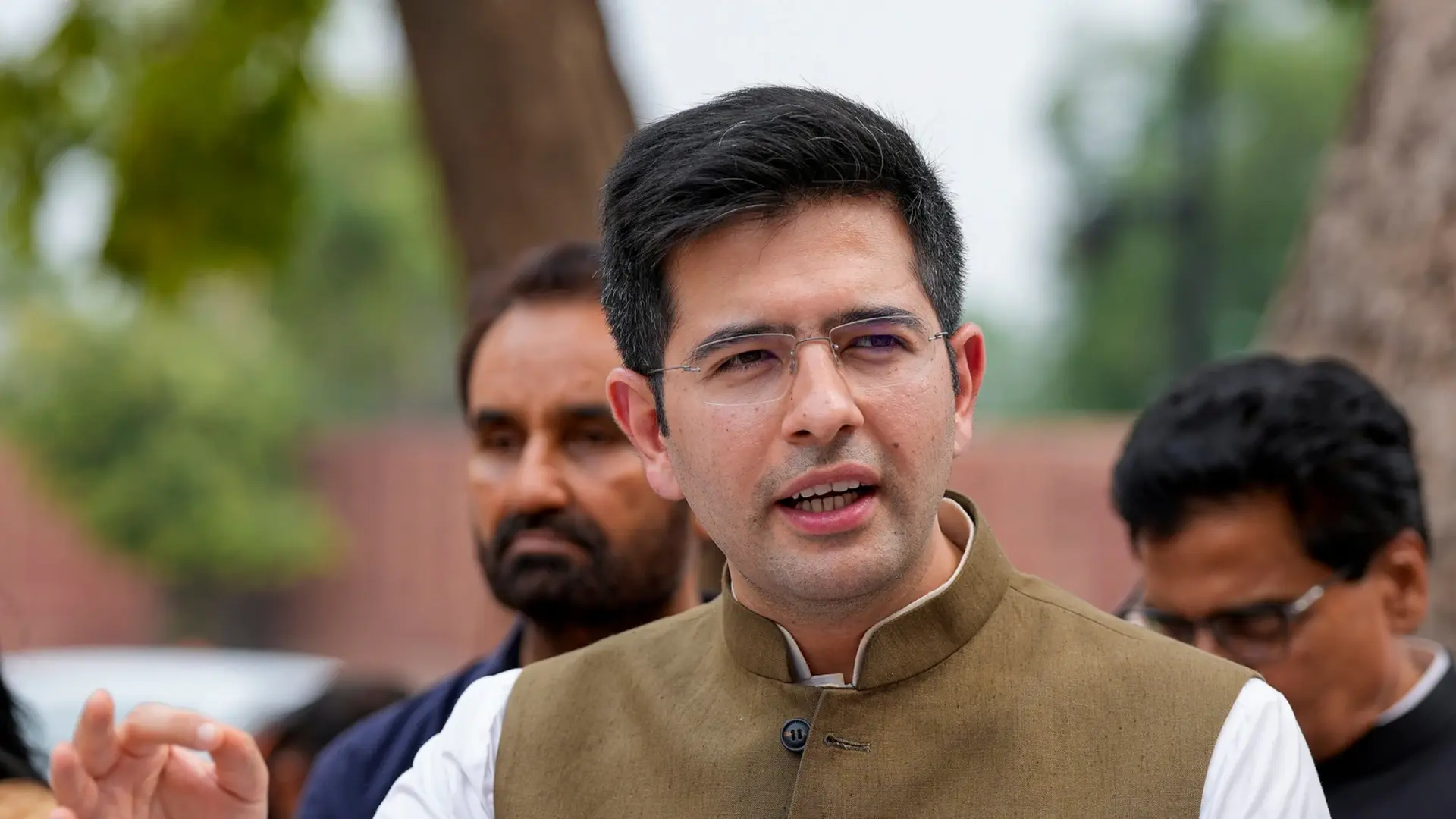In a landmark reform, India has overhauled its colonial-era criminal justice laws by introducing three new statutes: the Bharatiya Nyaya Sanhita, Bharatiya Nagarik Suraksha Sanhita, and the Bharatiya Sakshya Adhiniyam. Effective from July 1, 2024, these laws replace the Indian Penal Code of 1860, the Code of Criminal Procedure Act of 1898, and the Indian Evidence Act of 1872, marking a significant modernization of the legal framework.
Major Reforms Introduced
1. Zero FIR and Digital Registration:
The concept of Zero FIR allows First Information Reports (FIRs) to be registered at any police station, irrespective of jurisdiction. Additionally, complaints can now be filed online, streamlining the process and making it more accessible.
2. Digital Summons:
Summonses can be issued through electronic means such as SMS, which speeds up and simplifies legal procedures and the new law mandate videography of crime scenes for all serious offenses to prevent tampering and ensure transparent evidence collection.
3. Expedited Justice:
The statutes require judgments in criminal cases to be delivered within 45 days of the trial’s conclusion, with charges framed within 60 days of the initial hearing.
Preparations Across States
Delhi:
The Delhi Police has conducted comprehensive training and distributed handbooks to educate officers on the new laws. A 14-member committee led by Special Commissioner Chhaya Sharma developed the training materials. A trial run with dummy FIRs was also conducted to ensure readiness.
Bihar:
Bihar Police has trained 25,000 senior officers and organized awareness programs at every police station. The state has also emphasized digital policing as part of its preparation.
Tripura:
The state government has trained all relevant stakeholders, including law enforcement and social welfare departments, focusing on judicial modernization and timely justice.
Mizoram:
Training has been completed, although the laws are not translated into the Mizo language. Implementation will rely on English and Hindi.
Arunachal Pradesh:
With many local dialects, the state uses English and Hindi for training. Officials and stakeholders are being educated in these languages.
Assam:
The Assam Police, having prepared for three years, is ready for the new laws. DGP GP Singh called this a milestone, highlighting the transition from colonial to contemporary Indian laws.
Tamil Nadu:
Despite initial opposition, Chief Minister MK Stalin acknowledged the need for training judicial and police personnel. Expeditious training programs have been conducted.
Himachal Pradesh:
Emphasizing a reformative approach, the state integrates technology into its procedures. E-FIRs and mandatory videography of seizures are new standards to ensure transparency and uniformity.
Odisha:
Odisha Police is prepared, with training for inspectors and senior officers completed. Coordination with the Ministry of Home Affairs has been key.
Jammu and Kashmir:
A detailed compendium on the new laws in Urdu has been compiled by a six-member committee led by SSP Mubassir Latifi, ensuring thorough understanding and implementation.
Government’s Perspective
Union Home Minister Amit Shah, who led the initiative, emphasized that the new laws prioritize justice over punitive measures. “These laws are made by Indians, for Indians, and by an Indian Parliament, ending the colonial criminal justice system,” he stated. Shah highlighted that these statutes reflect the free will of the nation and aim to provide swift and fair justice.
The introduction of the Bharatiya Nyaya Sanhita, Bharatiya Nagarik Suraksha Sanhita, and the Bharatiya Sakshya Adhiniyam represents a major step forward in India’s pursuit of a modern and effective criminal justice system. By emphasizing transparency, technology, and swift justice, these new laws aim to better serve the needs of contemporary Indian society, leaving behind the colonial legacy.














